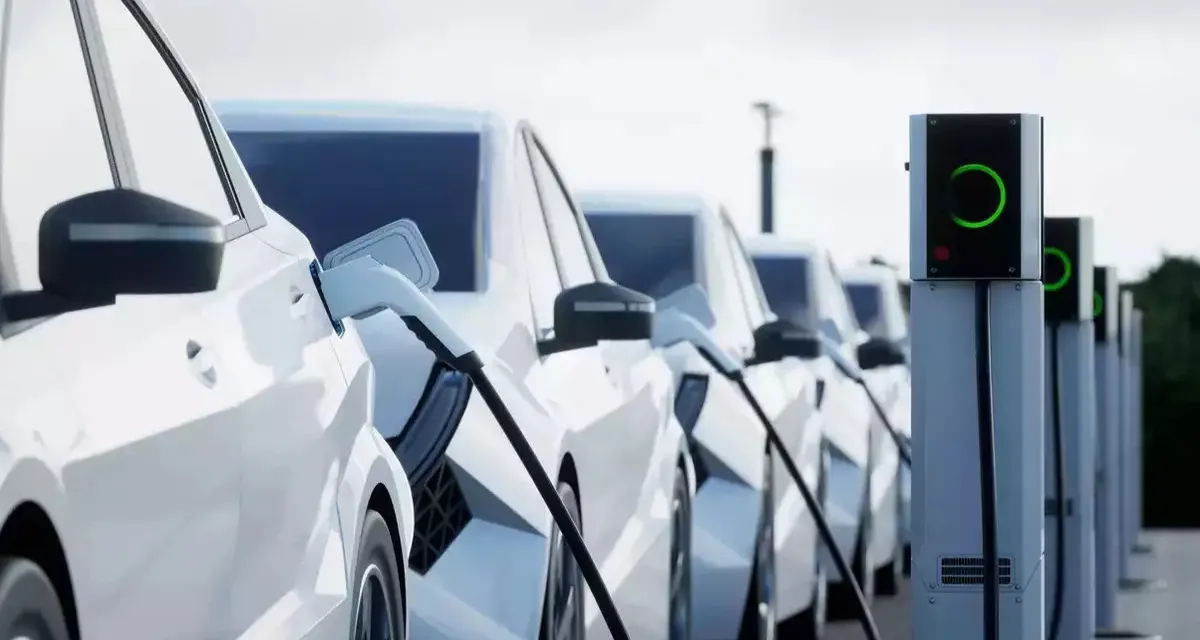

India is becoming a potential market for electric vehicles (EVs) due to core concerns and measures of environment preservation, budding government endorsement and technology enhancement in electric vehicle manufacture.
According to MoRTH data by state, the three largest states in India for EV sales are Uttar Pradesh, Maharashtra and Karnataka.
The highest EV penetration registering 6,65,247 EVs in the period of April 2019 to March 2024 indicates the high acceptance of Uttar Pradesh. Having EVs account for only 4.34% this state proves the effectiveness of favourable policies and increasing consumer consciousness.
Maharashtra secured second place with 4,39,358 EV registrations, achieving an EV penetration rate of 3.97%. Despite high vehicle registrations, the state’s efforts in promoting EV adoption are evident through dedicated infrastructure and policy support.
With 3,50,810 EV registrations, Karnataka ranks third. While the state has fewer total vehicle registrations (73,15,250) compared to others, its EV penetration of 4.8% underscores its focus on developing a robust EV ecosystem despite high road taxes.
Though not leading in overall sales, Delhi achieved the highest EV penetration in India at 7.72%, with 2,16,084 EVs registered out of 27,99,571 total vehicle registrations. Strong government initiatives and urban EV infrastructure make Delhi a model for other regions.
All the results perfectly showcased the Successful operation of government programmes promoting growth.
India’s EV market has been bolstered by several government initiatives, including:
FAME Scheme: Launched in 2019, this scheme has allocated ₹11,500 crore to incentivize EV adoption across various vehicle categories and public charging infrastructure.
PLI Auto Scheme: With a budget of ₹25,938 crore, this initiative supports domestic EV manufacturing and innovation.
PM E-Drive Scheme: Introduced in September 2024, this ₹10,900 crore program aims to uplift the EV segment further, including testing and certification upgrades.
India’s transition to BS6 emission norms in 2020 and BS6 Phase 2 norms in 2023 has set the stage for a cleaner automotive future. These regulatory changes, coupled with rising fuel prices, are nudging consumers toward electric alternatives.
While states like Gujarat, Madhya Pradesh, and Kerala have shown moderate growth, regions such as Lakshadweep, Ladakh, and Arunachal Pradesh report minimal EV adoption. Factors such as geographical constraints, limited infrastructure, and low awareness contribute to these disparities.
From April 2019 to March 2024, India registered 10.75 crore total vehicles; out of them, 3.64 lakh were electric vehicles, which made the national electric vehicle market penetration rate just 3.38%. This healthy growth is a clear sign that India is destined to be one of the world’s leading producers of EVs.
There is constant capital expenditure being put into infrastructure and technologies along with a good number of policies opened by the government to expand the EV market in the upcoming decade of India.
Also Read: